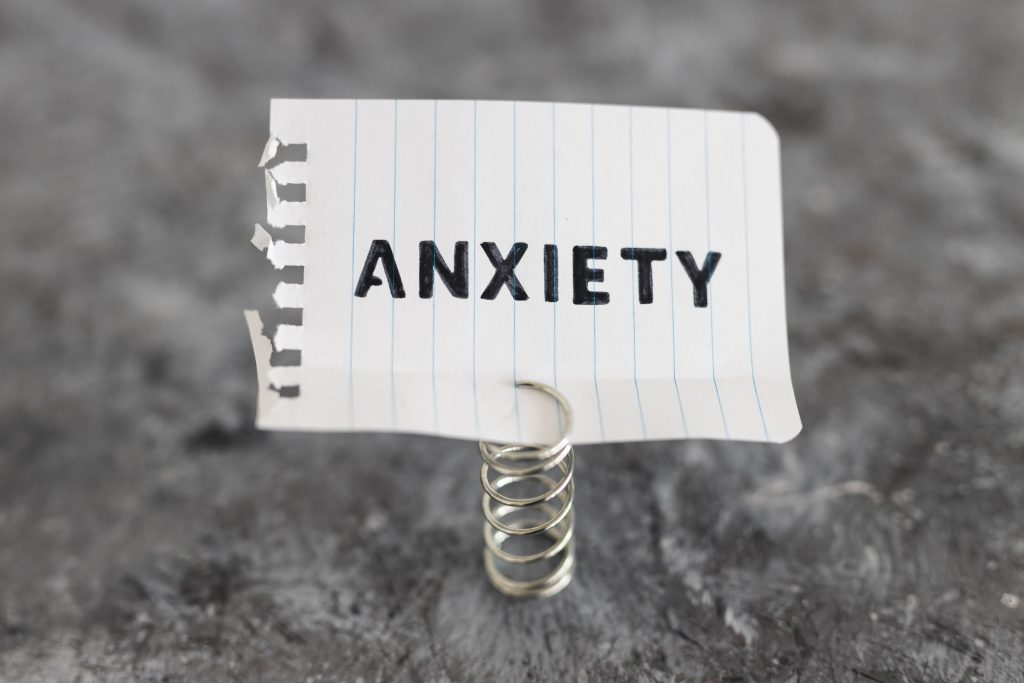
Anxiety disorders affect millions, yet understanding remains limited. Well-meaning friends or family can sometimes say hurtful things. Words have power, especially when someone feels vulnerable. Knowing what *not* to say is crucial for support. Let’s explore phrases that can harm someone battling anxiety. Avoiding these common pitfalls helps create a safer space.
1. “Just Calm Down”
Telling someone with anxiety to “calm down” is ineffective. It minimizes their very real struggle and implies easy control. Anxiety isn’t a switch that can be turned off. This phrase often increases frustration and feelings of inadequacy. They desperately wish they *could* simply calm down on command. Offer presence, not dismissive commands; that’s better anxiety support.
2. “It’s All in Your Head”
This statement invalidates the person’s physical and emotional experience. While anxiety originates in the brain, its effects are physical. Symptoms like racing heart, sweating, and nausea are real. Saying “it’s all in your head” suggests they are imagining it. It dismisses the genuine distress they feel daily. True anxiety support acknowledges the reality of their pain.
3. “Stop Worrying So Much”
Worry is a key symptom of anxiety disorders. Telling someone to “stop worrying” is like telling someone with asthma to stop wheezing. It oversimplifies a complex condition rooted in brain chemistry. This advice can make them feel guilty for their symptoms. They cannot simply choose to stop worrying on demand. Offering empathy provides more helpful anxiety support.
4. “Others Have It Worse”
Comparing their struggle to others’ hardships is invalidating. It implies their anxiety isn’t serious or deserving of attention. Everyone’s pain is valid, regardless of comparisons. This statement can induce guilt and silence them further. Focus on their experience, not minimizing it through comparison. Compassion is key to effective anxiety support.
5. “Have You Tried Not Being Anxious?”
This sarcastic or naive question implies anxiety is a choice. It suggests a lack of willpower is the problem. Nobody chooses to live with constant fear and panic. Such a question highlights profound ignorance about mental health. It can make the person feel mocked or misunderstood profoundly. Genuine curiosity is different from dismissive questioning when offering anxiety support.
6. “You Seem Fine to Me”
Anxiety isn’t always visible on the surface. Many people become adept at hiding their inner turmoil. Saying they “seem fine” dismisses their internal battle. It can make them feel unseen and alone in their struggle. Trust what they tell you about their feelings. Don’t rely solely on outward appearances to judge their state.
Words That Heal
Supporting someone battling anxiety requires empathy and understanding. Avoid dismissive phrases like “calm down” or “stop worrying.” Validate their experience instead of minimizing their pain. Comparing suffering or questioning their reality causes harm. Offering patient presence is true anxiety support. Choose your words carefully; they matter deeply.
What helpful phrases have you found effective when supporting someone with anxiety? Share your thoughts below.
Read More:
8 Signs Your Anxiety Is Showing Up in Your Finances
Lonely but Introverted? 6 Low-Anxiety Ways to Build Your Support Squad

Latrice is a dedicated professional with a rich background in social work, complemented by an Associate Degree in the field. Her journey has been uniquely shaped by the rewarding experience of being a stay-at-home mom to her two children, aged 13 and 5. This role has not only been a testament to her commitment to family but has also provided her with invaluable life lessons and insights.
As a mother, Latrice has embraced the opportunity to educate her children on essential life skills, with a special focus on financial literacy, the nuances of life, and the importance of inner peace.
